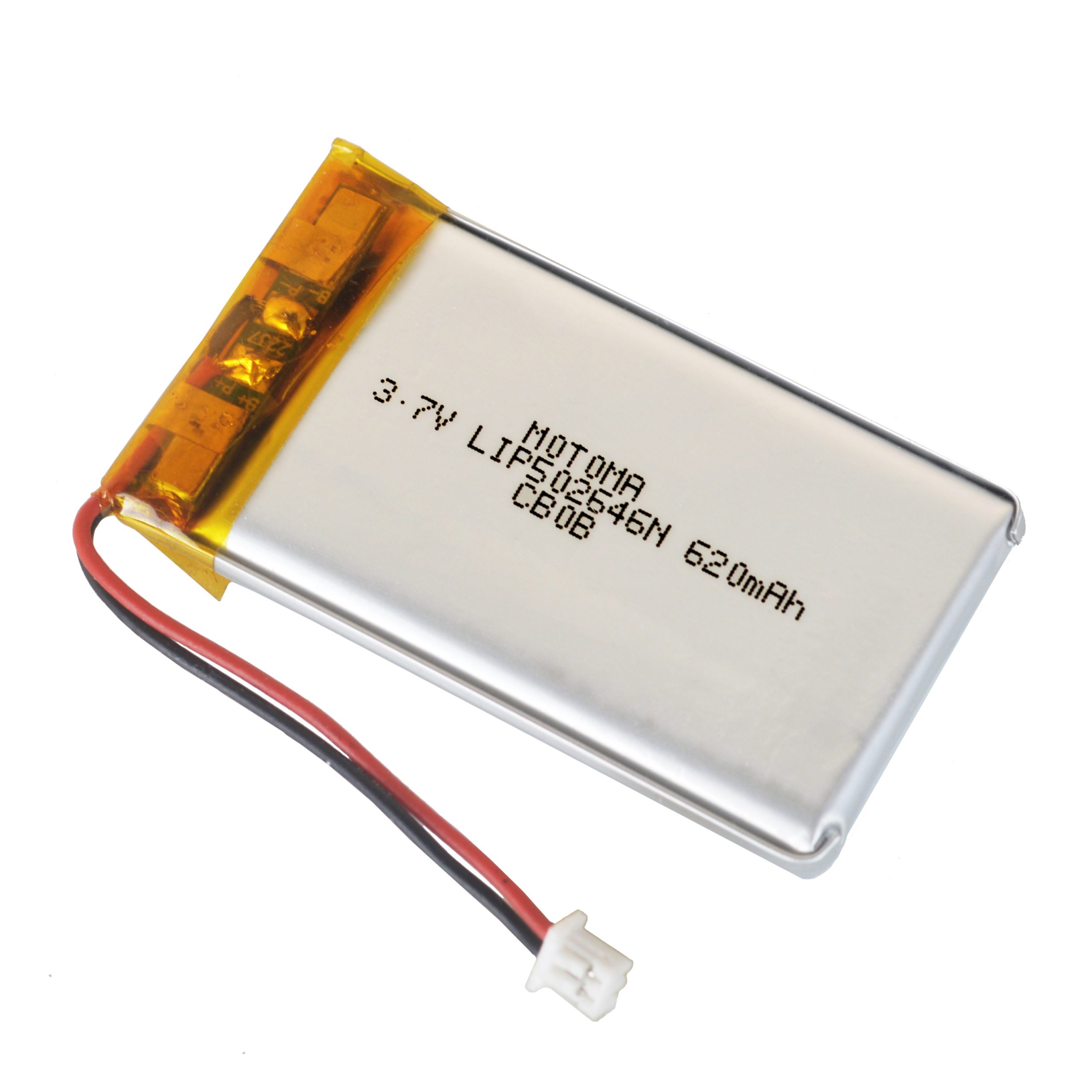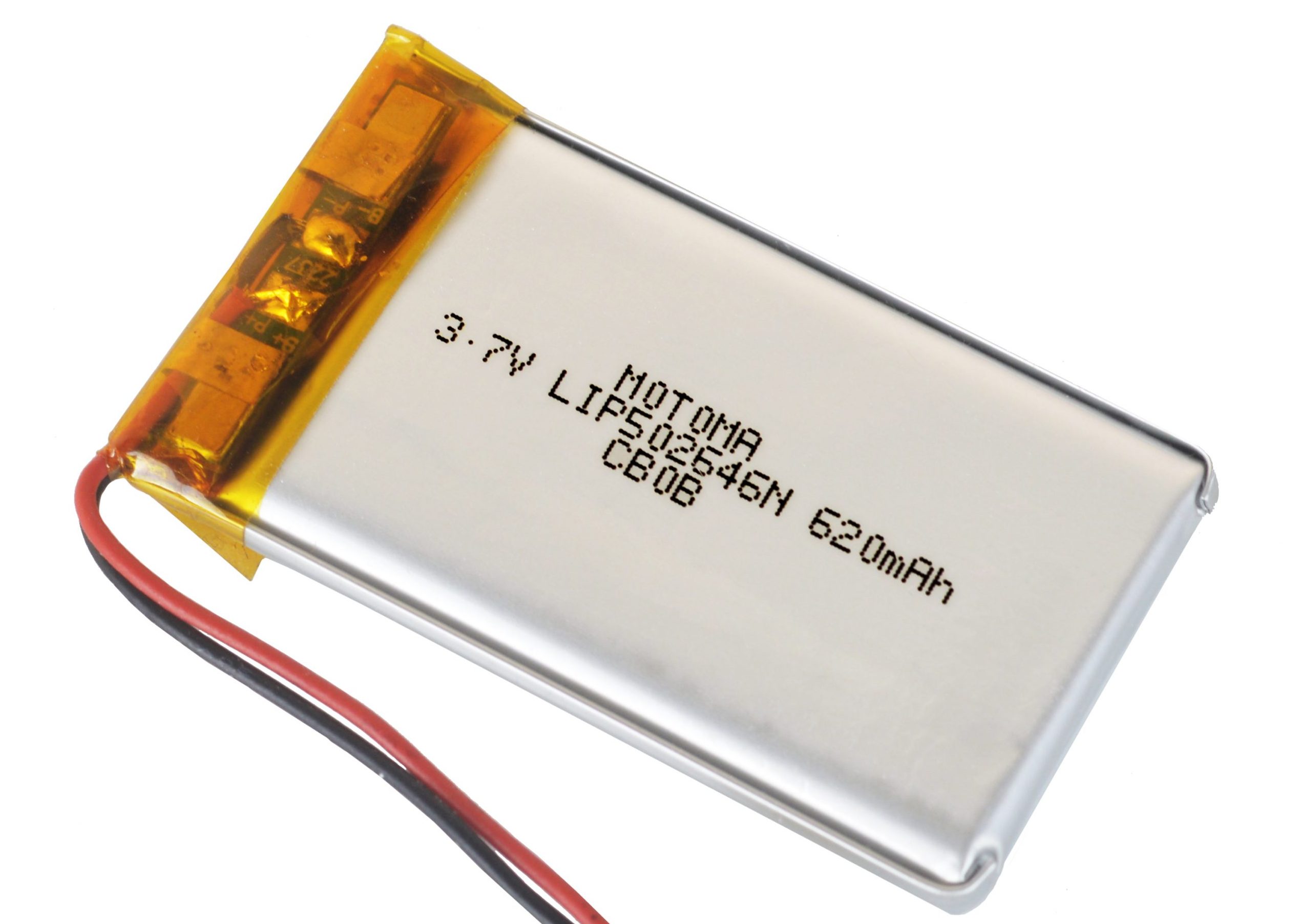Lithium polymer batteries are long-lasting and have the ability to charge faster. They are also lighter than their counterparts, which is a big plus for those who travel often. If you’re not sure what you need or want to know more about, then this article is for you!
What are Lithium Polymer Batteries?
Lithium-ion batteries are the latest technology in the world of portable power, and they’re quickly becoming the go-to choice for everything from laptops to cell phones. But what exactly are lithium-ion batteries, and what sets them apart from other types of batteries?
Lithium-ion batteries, also known as LIP or Lithium Polymer batteries, are a type of rechargeable battery that uses a lithium-ion as its electrolyte. The big advantage of LIP batteries over other types of batteries is their high energy density, which means they can store more energy in a given space than other types of batteries. This makes them ideal for use in portable devices like laptops and cell phones, where weight and size are important considerations.
Another advantage of LIP batteries is their low self-discharge rate, which means they hold their charge better than other types of batteries when not in use. This makes them ideal for applications where you need to be able to rely on your battery power even after long periods of time without use, like emergency lights and solar-powered devices.
If you’re looking for a reliable and efficient battery solution for your portable devices, LIP batteries are a great option to consider.

Benefits of Lithium Polymer Batteries
LIP batteries offer a number of advantages over other types of batteries, making them an ideal choice for a wide range of applications.
One of the biggest benefits of lithium polymer batteries is their high energy density. This means that they can store more energy than other types of batteries, making them ideal for applications where space is limited or weight is an issue.
Another advantage of lithium polymer batteries is their low self-discharge rate. This means that they lose less charge when not in use, making them more convenient and reliable than other types of batteries.
Finally, lithium polymer batteries are also much safer than other types of batteries thanks to their built-in safety features. This makes them an ideal choice for applications where safety is a concern.
Disadvantages of LIP Batteries
Lithium polymer batteries have a few disadvantages when compared to other types of batteries. One disadvantage is that they can be more expensive than other types of batteries. Additionally, they can be more difficult to find in stores and may require special handling when recycling. Lithium-polymer batteries also have a shorter lifespan than some other types of batteries, meaning they will need to be replaced more often. Finally, these batteries are not as tolerant of extreme temperatures as some other types of batteries, so they may not perform as well in very cold or hot weather conditions.
How do I use a LIP Battery?
If you are considering using a Lithium Polymer battery for your electronic device, there are some things you should know about how to properly use and care for them.
Lithium Polymer batteries provide a number of benefits over traditional lead-acid or nickel-cadmium batteries, including a longer lifespan, higher capacity, and lighter weight. However, they also require some special considerations in order to get the most out of them.
Here are some tips on how to use and care for your Lithium Polymer battery:
1. Avoid extreme temperatures. Both high and low temperatures can reduce the lifespan of your battery and decrease its capacity. Try to keep your battery between 32°F and 113°F (0°C and 45°C).
2. Charge regularly. Unlike lead-acid batteries, Lithium Polymer batteries do not have a “memory” effect, so there is no need to fully discharge them before recharging. In fact, it’s best to keep them topped off as much as possible to prolong their life.
3. Use a dedicated charger. Using an incompatible charger could damage your battery or even cause it to catch fire. Make sure you use a charger specifically designed for Lithium Polymer batteries.
4. Store in a cool, dry place. When not in use, store your Lithium Polymer battery in a cool, dry place out of direct sunlight. This will help
Charging Tips for Lithium Polymer Batteries
If you are using a Lithium Polymer battery for the first time, there are a few things to keep in mind when charging it. Here are some tips:
-When charging for the first time, charge the battery slowly. A slow charge will help prolong the life of your battery.
-Do not overcharge the battery. Lithium Polymer batteries can be damaged if they are charged too much.
-Be careful not to damage the battery when charging it. Do not use sharp objects or excessive force when inserting the charger into the port.






Pingback:Electric Breast Pump: What You Need To Know - Buddies Buzz
Pingback:Lithium Polymer High Temperature Batteries for Special Applications -
Pingback:Importance of Low Temperature LiPo Battery - Deals1 Promo